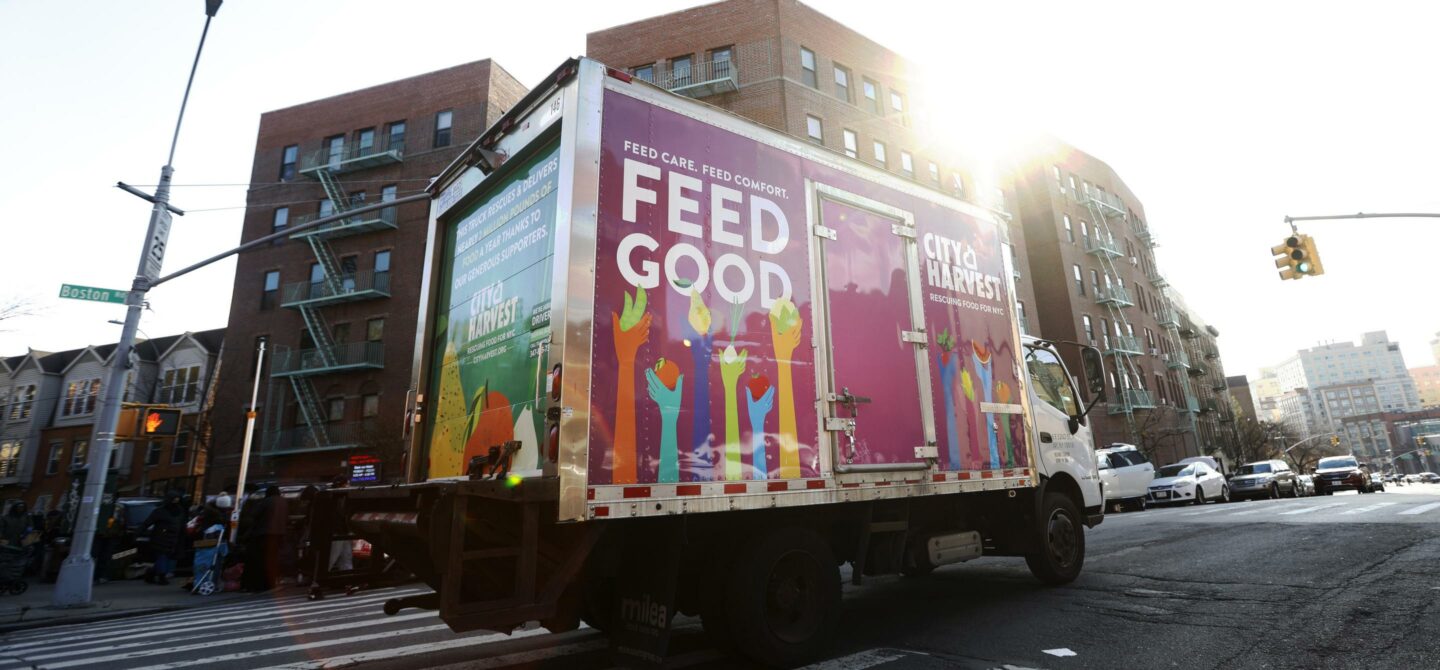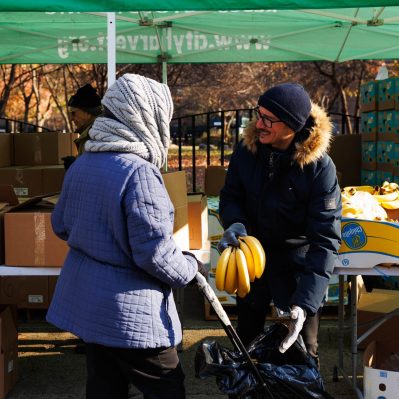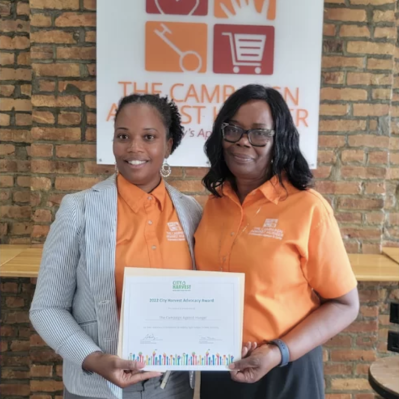
Advocacy Archive

Joint Statement in Response to the 2024 NYC Executive Budget
Joint statement from New York City’s three leading anti-hunger institutions, focusing on the city’s investment in a thoughtful, equitable budget that prioritizes services centered in addressing poverty and preventing hunger.

Joint Statement on Mayor Adams’ 2023 State of the City Address
New York families are facing record-high inflation and deep cuts to critical supports including SNAP benefits, tax credits, and the emergency rental assistance program, putting food-insecure families at further risk of not having the resources needed to thrive.

White House Conference on Hunger, Nutrition, and Health
On September 28, 2022, for the first time in more than 50 years, the White House hosted a conference on food insecurity. We are honored to have participated in the conference with our friends at Food Bank For NYC, and United Way of New York City, along with Feeding America and advocates from around the country.

City Harvest’s 2022 Advocacy Awards
City Harvest’s advocacy team supports a citywide network of nearly 400 food pantry and soup kitchen leaders in advocating against hunger and its root causes.

Webinar on Child Nutrition Reauthorization With Equity Advocates
On May 13, 2021, City Harvest and Equity Advocates Hosted a Webinar on Child Hunger and a New Child Nutrition Reauthorization Act.